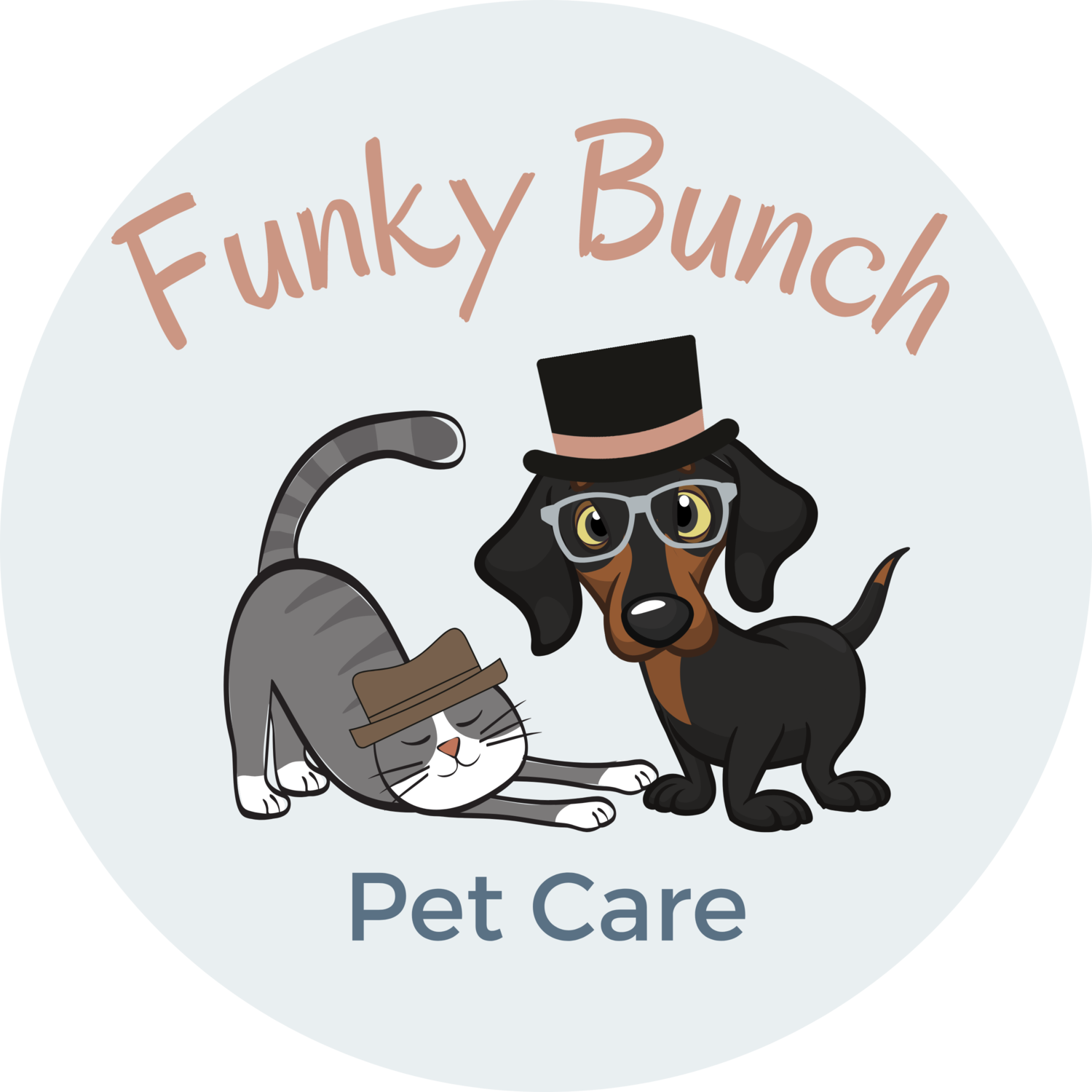Lawn Safety- Chemical Applications
Most pet owners know the ins and outs of their property pretty well. They know where to avoid that stubborn hole and where the ant hills have taken over. What pet owners don't know are the ins and outs of other yards. If you and your pet regularly leave for outings,there could be other unseen dangers to be precautious about, specifically lawn treatments. Certain fertilizers, insecticides or weed killers can go unnoticed and be potentially harmful to your pet if found at the wrong place at the wrong time. Here are some things to consider.
What are common lawn treatments?
Liquid weed killer is sprayed to destroy and prevent the growth of weeds. Fertilizer pellets are spread throughout and help grass growth. Insecticides are strategically used to help control insect populations in cities.
Are these pet friendly?
No, they’re not. The liquid weed spray requires anywhere between 24-72 hours to dry properly. Pets may be at risk if they touch or eat plants that are still wet with spray from products containing glyphosate. Animals exposed may drool, vomit, have diarrhea, lose their appetite, or seem sleepy.
The fertilizer pellets can take up to 48 hours, and some types almost 2 weeks to break down and dissolve. Any ingesting of fertilizer may result in mild stomach upset or severe poisoning from the iron, nitrogen and other chemicals.
Who can apply these chemicals?
Most of these can be bought and sold over the counter to your average Joe. When larger quantities are used, it requires certain certifications for commercial use. The weather conditions are also a factor for safe chemical applications.
What kind of areas are treated?
Any neighborhoods, city parks, walking trails, parking lots, sidewalks and driveways etc. These areas do not provide proper warning that the area has been treated with chemicals.
What if a pet does experience a reaction?
If you believe your pet has been exposed to a harmful chemical you should call poison control right away at (800) 222-1222. They will give you immediate assistance over the phone at no charge. Make a detailed description about where you traveled and how your pet is responding. You may have to seek a veterinarian quickly depending on the severity.
How to prevent exposures?
Talk to your neighbors, a starting point is a direct conversation about lawn practices. Ask questions about what’s being sprayed in case you find specific issues related to those products. Listen clearly, do your research and share your facts or concerns. Provide lower-toxicity solutions or safer application methods.

